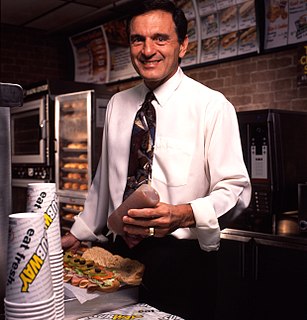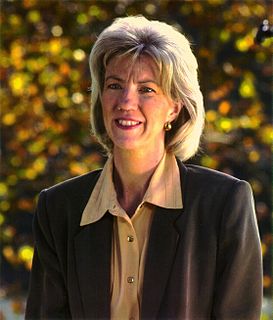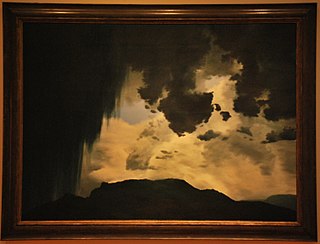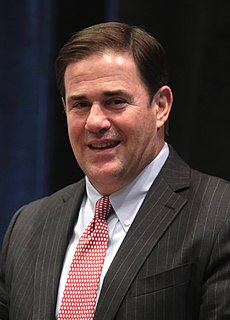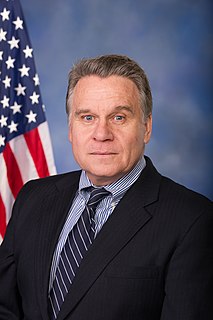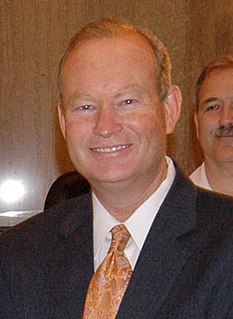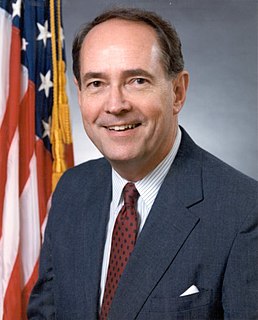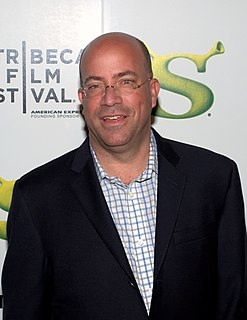A Quote by Fred DeLuca
The franchisees are uniquely in touch at the local level. They see what's going on in their communities in a way we couldn't ever imagine.
Related Quotes
Action at the city level is what will make national momentum possible on our most urgent issues, and this is the level of government where we are closest to people, where we can innovate and move quickly. Most importantly, this is the level of government where we uniquely are in the position to earn the trust of our communities.
In Newark, we see a problem and want to seize it, but we run up against the wall of state government, the wall of federal government that does not have the flexibility or doesn't see problems, even. At the federal level, it's often a zero-sum game: If you win, I lose. At the local level, it's just not local that. It's win-win-win.
I think we're going to care more about Americans than Africans. I don't think that's ever going to go away, and I don't think it's ever going to go away that people care more about their families than strangers, and their communities over other communities. But I think it would transform the world in such a good way if we could just acknowledge, at least intellectually, that an African life and an American life are the same.
The market literature, which was particularly strong in Igboland, in Onitsha, today it is no longer strong. It is one of the victims of the civil war, that market was actually destroyed and at the end of the war a new Nigeria has struggled to come into being and I believe that what is probably going to replace the market literature might be the video, which they have taken to in a big way, creating dramas. So that may be the next thing way we will see coming out of the local basic level in our society.
